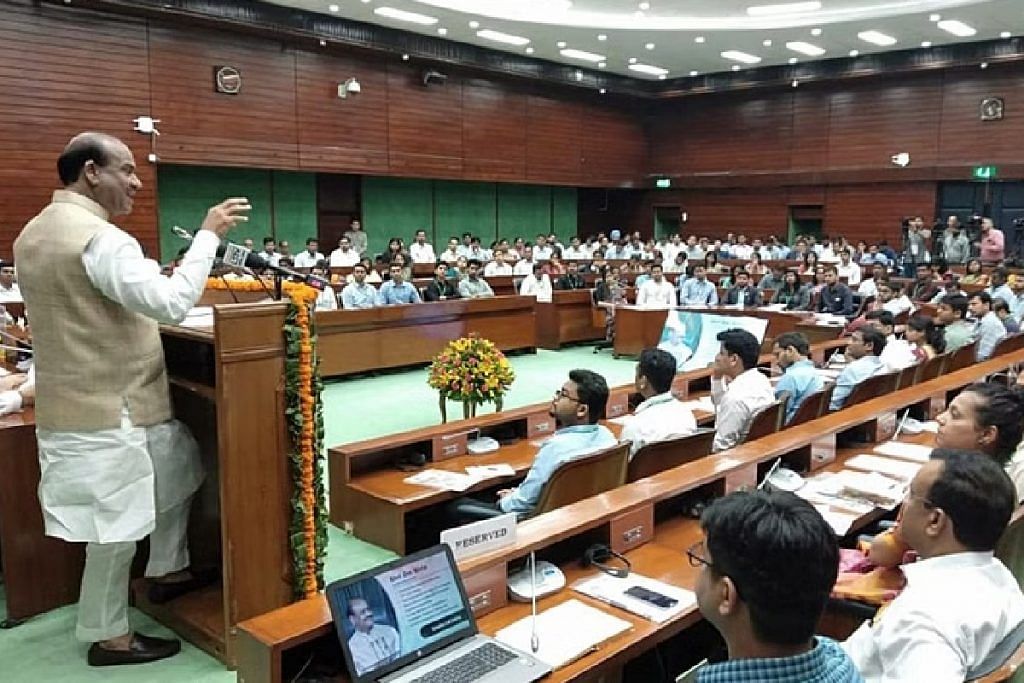New Delhi: From the introduction of a ‘delayering’ process to streamline movement of files in ministries and departments, to ‘delegation of financial power’ to joint secretaries to make the bureaucracy autonomous, the central government has started implementing reforms to make the administration system in the country “more efficient”, ThePrint has learnt.
The reforms, which are being implemented in 74 ministries and departments, are part of guidelines listed in the ‘Secretariat Reforms’ report published by the Department of Administrative Reforms and Public Grievances (DARPG) last month.
Talking about the ‘delayering’ process, DARPG secretary V. Srinivas told ThePrint, “The number of levels through which a file moves should not be more than four, one of the big steps for delayering is joint secretaries will report directly to secretary and additional secretaries will work as heads of bureaus.”
Earlier, additional secretaries used to be the administrative bridge between the secretaries and joint secretaries.
“In the past, files would move through six to seven levels, following delayering, in 56 ministries and departments files will move in less than 4 levels, this makes for increased efficiency in decision-making,” he added.
“Out of 74 ministries and departments which have submitted self-assessment forms, 91 per cent of ministries and departments have delayered. However, there are still few ministries where the joint secretary is reporting through an additional secretary,” according to the report.
The report states that 67 ministries have implemented the delayering process and seven are yet to do so.
“Ministries must be advised that no physical papers or receipts should be generated for inter/intra-ministerial circulation. The ministries should ensure that a file should not move through more than four levels,” it added.
The reforms also include delegation of financial power to joint secretaries, under which the relevant officers can take decisions on a project or a specific programme instead of waiting for the project or the file to be cleared.
According to the report, 97 per cent ministries and departments (72 of them) have issued orders of delegation.
Apart from this, the government has also maximised the ‘desk officer system’, giving it a boost and recruiting more officers. A desk officer is a section officer who functions according to powers delegated by ministries and departments like signing financial sanctions, affirming affidavits in court etc., according to the manual of office procedure of the central secretariat. A desk officer can handle confidential papers and files.
“As of now, the desk officer system has been implemented in 28 ministries and departments. Desk officers at section officer or under secretary level function with considerable autonomy. The MEA has 264 desk officers. The system best epitomises the ‘maximum governance, minimum government’ policy,” said a senior IAS officer of the DARPG.
“In 2022, 11 ministries and departments were on the desk officer system and it has been doubled now. It’s a big jump from March 2022 to March 2023,” he added.
(Edited by Anumeha Saxena)
Also Read: Govt to form panels of retired IAS officers to probe complaints against serving ones
